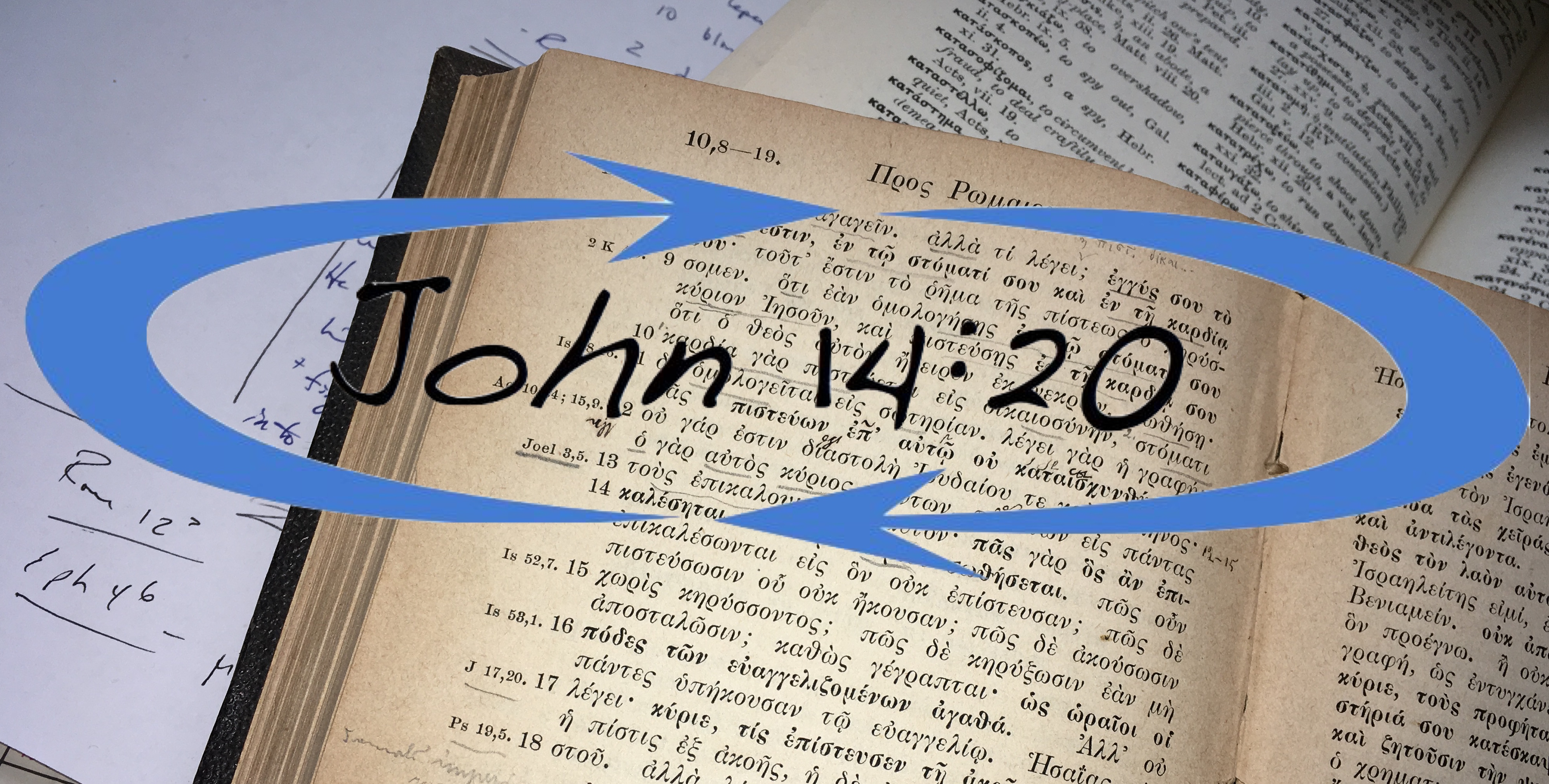“and He Himself is the propitiation for our sins; and not for ours only, but also for those of the whole world” (1 Jh. 2:2).
John’s plain statement is that Christ did not die only for our sins. He died for those of the whole world. Plain statement. Plainly understood. Leave the theology, logic, and philosophy behind and take God’s Word at face value. Did the First Century Christians have advanced training in logic and philosophy so they could reason their way through such an obscure statement, or is it a simple statement? I think it is the latter. Some have tried to limit the extent of those for whom Christ died. I’m writing this to encourage, not to enter into a debate with those who hold opposing views, though I will have a brief closing comment that addresses that view.
“and He died for all, so that they who live might no longer live for themselves, but for Him who died and rose again on their behalf.” (2 Cor. 5:15).
Christ’s death was for all. However, not all live. Those who do live are encouraged to live for the One who died and rose again in their place. Why do they live? We’ll come to that in a bit.
“For there is one God and one mediator between God and men, the man Christ Jesus, who gave Himself as a ransom for all, the testimony given at the proper time.” (1 Tim. 2:5-6).
Christ’s death was not a ransom for some, but all. He mediated between God and men because He is both. God does not die for God does not change in His nature and death is the ultimate change. Man can and does die. Christ became man so He could die and be that ransom for all.
“For it is for this we labor and strive, because we have fixed our hope on the living God, who is the Savior of all men, especially of believers.” (1 Tim. 4:10).
Jesus is the Savior of all men. Remember, He is the satisfaction for everyone’s sins. He is especially Savior for those who believe. Why? Because to those who have believed, the Father has given the forgiveness of sins.
“Of Him, all the prophets bear witness that through His name everyone who believes in Him receives forgiveness of sins.” (Acts 10:43).
While Christ died for the sins of all people, the forgiveness of sins is offered through faith in Him. Apart from faith in Christ, the provision of Christ’s death is not applied. We have forgiveness of sin “in Christ” (Col. 1:14). But we are only placed into Christ and there receive forgiveness if we believe in Him.
His death was for all. No one will stand before God and be able to claim that God did nothing to save them. Rather, they rejected what God provided through Christ’s death.
The death of Christ does not automatically save. We can say that Christ’s death does not save. This is one of the arguments used by those who do not think that Christ died for everyone. They ask, “Does the death of Christ save?” Most people respond, “Yes, of course.” It doesn’t state this in Scripture. Rather we can say that God saves. For New Testament Christians, we can say that God saves us by applying in time what Christ provided through His death two thousand years ago. His death was the means of redeeming us, but God applies that redemption by placing us into Christ (Col. 1:14). Christ made a cleansing for sins, but the Spirit saves us by applying that cleansing in the act of regeneration (putting the Godhead into us)(Tit. 3:5). He reconciled us through His death, but He applies reconciliation to us by placing us into Christ (Col. 1:22; Eph. 2:15-16). His death provided a satisfaction (propitiation) for our sins and a demonstration of God’s love, but that satisfaction is applied by giving us life through Christ, which we receive by having the Son (1 Jh. 4:9-10; 5:11-12). His death and resurrection are the bases of our salvation, but God saves us when we believe by applying what Christ accomplished either by putting us into Christ or putting Christ into us.
Have you believed in Christ? Do you know that your sins are forgiven, or are you still in your sins? If you haven’t believed in Him, why not today? He died for your sins, He was buried, and He rose again so that we might be forgiven and have life.
